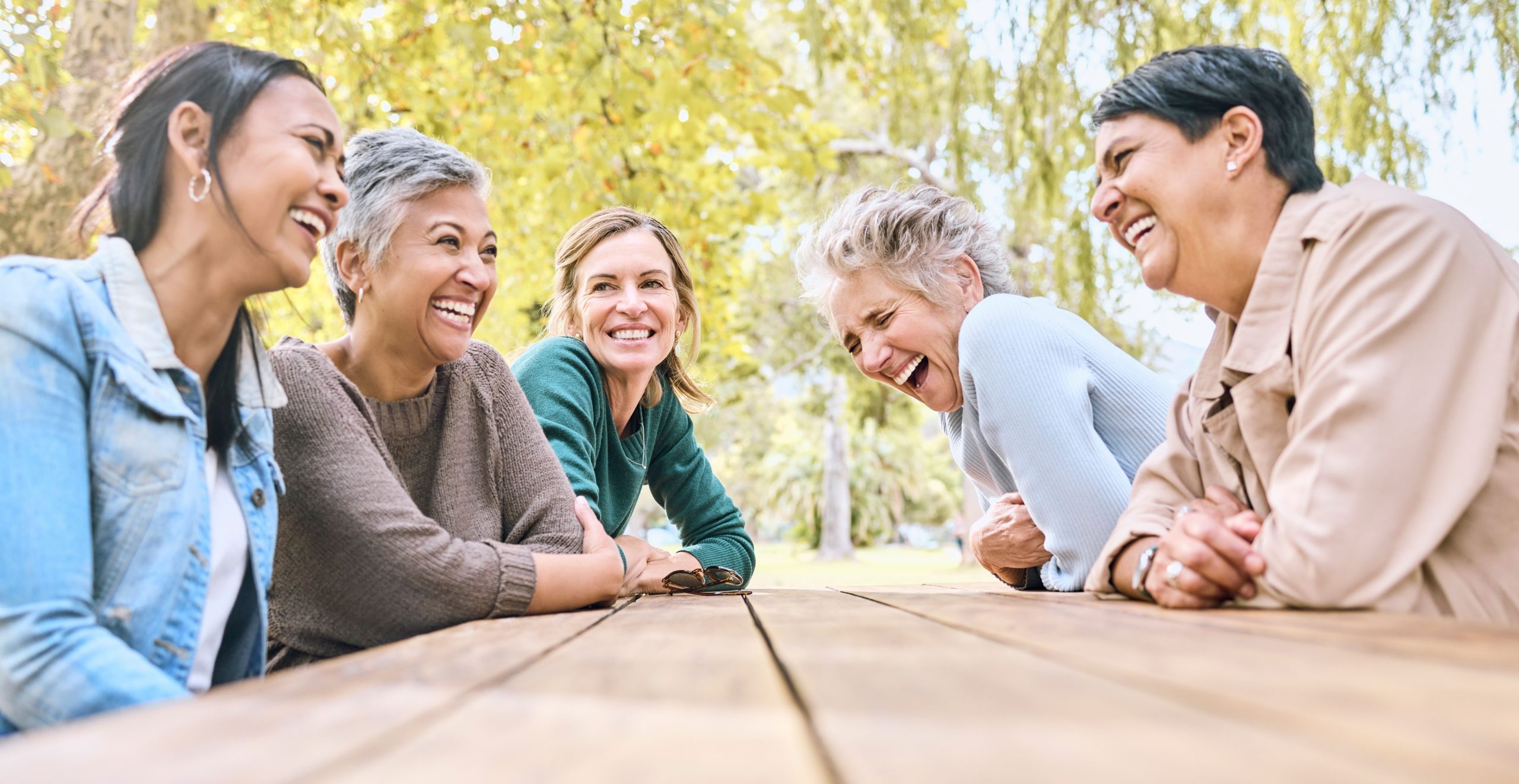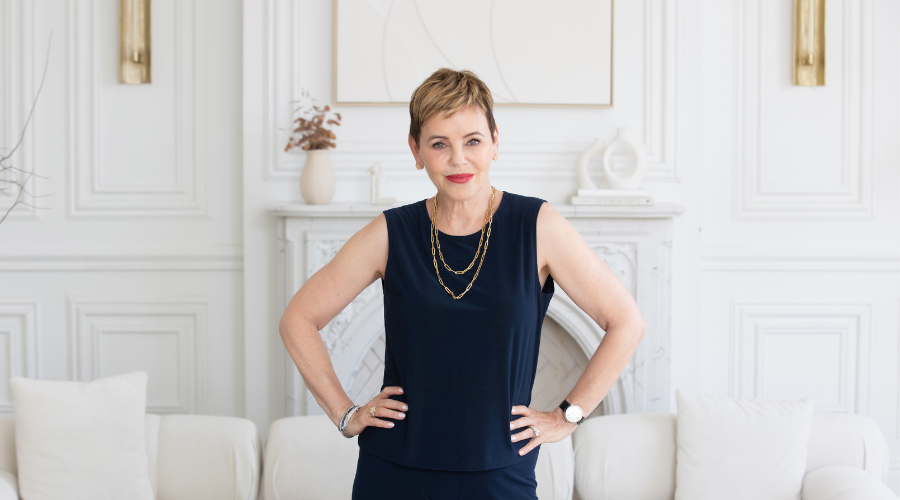By Joyce Wayne
I’m adjusting to our new, I mean our previous way of life, and it’s not as simple as I expected it would be. Once the government repealed certain restrictions, I imagined I’d be out every day, making lunch and dinner dates with friends and family.
But I haven’t exactly done that. After staying at home for 16 months, I became accustomed to this other routine. I slept in every morning, stayed up very late every night, and depended on grocery or restaurant curbside pick-up for food and meals. In certain ways, I became leery of other people. All this wearing of masks and keeping six feet from others helps us to stay healthy. Still, it does have surprising psychological effects too.
Now, like me, you might be thinking of expanding the reach of your daily activities, and you’re not precisely certain how to do that. If you’re single and living on your own, you might be considering jumping back into the dating pool.
Aging Thoughtfully: Conversations about Retirement, Romance, Wrinkles and Regret
In Martha Nussbaum and Saul Levmore’s book Aging Thoughtfully: Conversations about Retirement, Romance, Wrinkles and Regret, Martha writes the intriguing chapter “Romance and Sex Beyond Middle Age.” By the way, at 74 years old, Nussbaum is the Ernst Freund Distinguished Professor of Law and Ethics at the University of Chicago and the author of 27 books on topics ranging from ancient Greek and Roman philosophy, the philosophy of law, moral psychology, ethics, philosophical feminism, political philosophy and now aging.
Looking to Nussbaum for guidance is not the same as asking Ann Landers for newspaper column advice. Nussbaum is a respected, original thinker who approaches the topic of romance for older women with the gravitas it deserves. She asks, “How are mature women depicted in opera, theatre, and film? Why does age matter in romance? How should we think about gap couples, where one partner is much older than the other?”
When I was on my own (I married four years ago), I was somewhat resigned to remaining single. I sold my spacious house in Oakville, just as my daughter was heading to her freshman year at university, and moved to an 800 square foot condo on Queen Street West in Toronto. Looking back, I believe I was trying to recapture my youth, my twenties and thirties, when I lived in a loft on Queen Street, worked as a journalist and hung out at the Cameron House.
It didn’t work: this notion of recapturing my youth. The condo was cramped and noisy. I couldn’t entertain, and dating at my age was less common in Toronto than it had been in Oakville. The thing was, the people in my building were much younger than me, and I didn’t meet one person, man or woman, who became a close friend during the two and a half years I lived there. In fact, I met my husband-to-be at a cottage community where folks our age gathered during the summer. Then he and I moved to a new townhouse in Oakville —in a neighbourhood of homeowners our age.
The question of older women meeting men is seldom discussed. It’s the all-to-familiar tropes, the prejudices and misconceptions that cloud our understanding of age and romance. What Nussbaum ponders is why in Richard Strauss,’ “both highbrow and popular” 1911 comic opera, “Der Rosenkavalier,” he shows us certain baneful lies and prejudices about older women. In this case, the woman is the Marschallin, who is much older than her young boyfriend, and therefore, must accept the inevitability of the adolescent Octavian leaving her. Nussbaum writes: “For a woman according to the ‘wisdom’ of this opera, getting old means surrender and renunciation. A woman’s life, as she ages, must of necessity end up as sexless as the convent girl from which Marschallin emerged.” The older woman must resign herself to the inevitability of a lonely, unattached life.
Dark Facts Behind The Story
Here’s the lie that Nussbaum challenges: “a lonely woman… described as beautiful in this opera cannot find any type of real love or any type of genuinely interesting and complicated companion.” This is where Strauss’ 1911 opera meets the 1967 Oscar-winning film “The Graduate.” We remember Dustin Hoffman as the clueless college boy who finds himself entangled with the beautiful but unfulfilled older woman Mrs. Robinson, played with admirable restraint by Anne Bancroft. Nussbaum’s argument is: it is only when the older woman – as with the Marschallin or Mrs. Robinson, or you or me—makes “a staggeringly bad choice, and where she comes to her senses and renounces that choice—that an audience will accept the complex romantic emotions of the older woman.”
In popular movie culture, aging women were totally ignored, until recently. The baby boomer generation, who watch movies at home and at the cinema, has given rise to this niche market. Today we are viewing a steady stream of films about aging women entering relationships and falling in love. Consider the recent films of Meryl Streep, Diane Keaton and Helen Mirren. In the 2020 film “French Exit,” Michelle Pfeiffer plays a bored widow who’s burned through her inheritance. She moves herself, her son and her cat to Paris (and without spoiling the plot), she does find a degree of happiness. In Netflix’s “Virgin River,” an older, separated couple who renew their complicated long-time romance are the most compelling characters in the series.
If COVID has kept you indoors, now might be the right moment to venture out to test what adventures await. The Marschallin and Mrs. Robinson have had their day. Older women are more independent, more active and more in tune with the zeitgeist than ever before. It’s never too late if you’re living alone or looking for company to start a conversation with your neighbour, join a hiking group or a language class offered at the local community centre. After this dark, secluded winter of discontent, a new, more age-friendly era might be just around the next corner.








